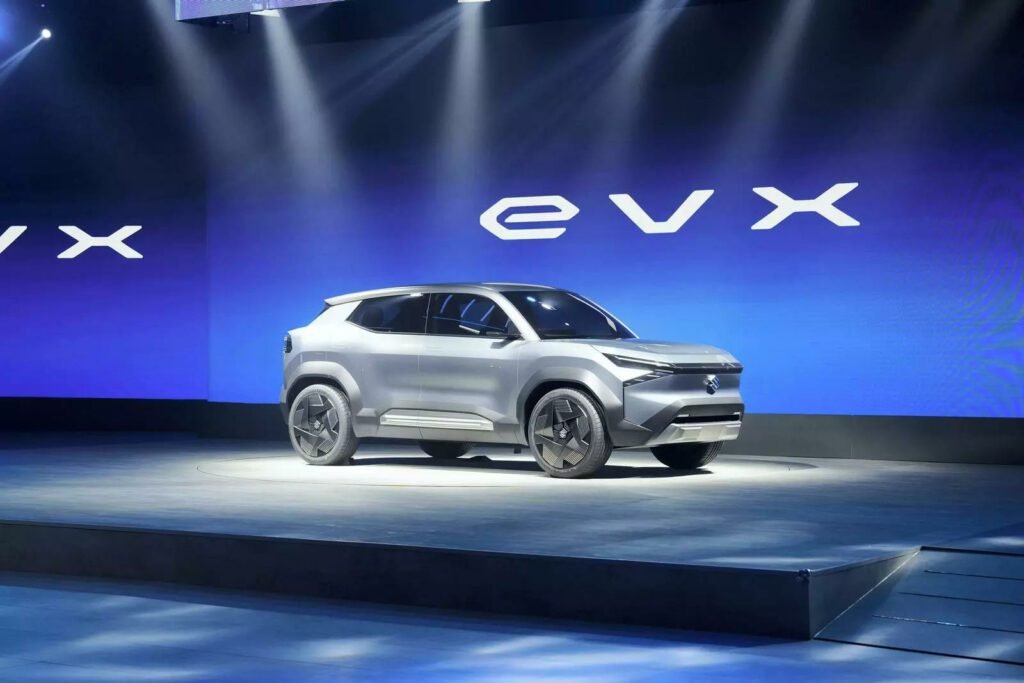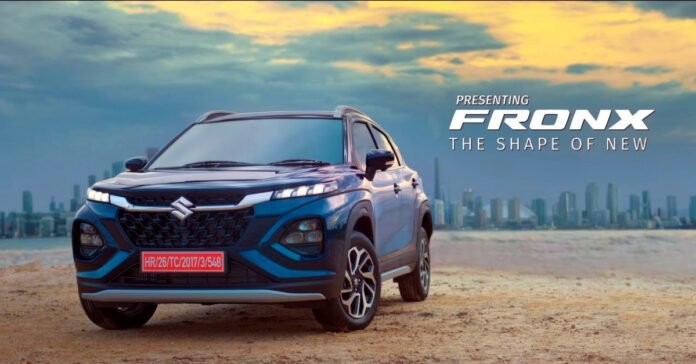By 2026–2027, Maruti Suzuki plans to introduce an all-new electric hatchback to the tiny car market. Most likely, Suzuki Motor Corporation’s eWX concept, which debuted at the Japan Mobility Show in 2023, would serve as the basis for the hatchback. The market-leading Tiago EV from Tata Motors, which has attracted many first-time customers to the electric vehicle class, will face competition from the forthcoming hatchback.
India’s Maruti Suzuki eWX-based EV
Based on the technical and financial setbacks of the Wagon R EV project, Maruti Suzuki has started developing a brand-new EV design for small cars, which they have dubbed K-EV. The Toyota 40PL worldwide platform served as the basis for the YY8 platform, which rivals the Creta EV.
The concept behind numerous platforms, according to sources, is to have the right vehicle design to provide the best possible performance and efficiency. Unlike the abandoned Wagon R EV project, the K-EV will not be based on an ICE platform and is being created on a ground-up basis that will spawn a range of smaller tiny EVs. According to CV Raman, chief technology officer, all Maruti Suzuki EVs would be “born-electric” and not ICE-derived, despite the business being coy about its future product plans.
Achieving the strict cost targets specified for the K-EV requires a high degree of localization, which may involve localization at the level of battery cells. Suzuki Motor has currently partnered with BYD to supply blade cells for its future eVX-based mid-size electric SUV and established a joint venture factory with Denso and Toshiba for its hybrid vehicles. It is unclear who will supply the batteries for the K-EV, though.
The first electric SUV produced by the firm is nearing the end of its market roll-out. Production will begin in Q4 of 2024, and the vehicle will be on sale in early 2025. Maruti Suzuki will be able to guarantee greater uptake by providing a variety of EV options at various pricing ranges thanks to its two distinct architectures.

Tata Motors and Maruti will compete in the entry-level EV market
Tata Motors sells between 10,000 and 15,000 Tiago EVs annually, thus the introduction of the MG Comet EV is unlikely to significantly increase the market share of entry-level vehicles. But when it goes on sale, Maruti Suzuki’s highly regionalized hatchback is expected to boost the entry-level EV market.
For the localization of electric vehicles in India, Suzuki Motor has already declared an investment above Rs 10,000 crore. This investment will cover both the localization of cells and the vehicle manufacture. By the end of the decade, the business intends to launch six electric vehicles, and by FY31, it hopes to account for 15% of all sales, or roughly 500,000 EVs.
According to Suzuki Motor Corporation’s January 2023 product portfolio sketches, a range of body designs, including hatchbacks, SUVs, and MPVs, will be introduced during a five-year period, starting in 2025 and ending in 2030. With sales of over 82,000 units, electric automobiles made up about 2% of the total passenger vehicle market in 2023. With a market share of more than 73 percent, Tata Motors has led the market’s more than twofold growth over the past year.
On average, Tata Motors sells between 1,000 and 1,500 EV Tiagos per month, with a roughly 35 percent price difference between the petrol-powered Tiago and its EV equivalent. Maruti Suzuki is expected to compete on pricing and features, helping to develop the market, given the high level of localization.
Price parity between ICE and EV models is narrowing
Vehicle manufacturers have pledged to invest up to Rs 1 lakh crore in the electric car market, and in the next ten years, auto components and cell manufacturers are expected to contribute a further Rs 1 lakh crore.
In order to promote greater accessibility of EVs in the future, the Indian government has pledged support in the form of a lower, five percent GST for electric vehicles. Benefits under the production-linked incentive plan will also help with this.
According to Shailesh Chandra, MD of Tata Passenger Electric Mobility, costs for electric cars would probably approach those of internal combustion engine vehicles due to declining battery costs and increased volume sales. Maruti Suzuki, a latecomer to the electric vehicle (EV) market, may have timed its entry to ride the wave this time, even if the industry is encountering obstacles on a worldwide scale.


